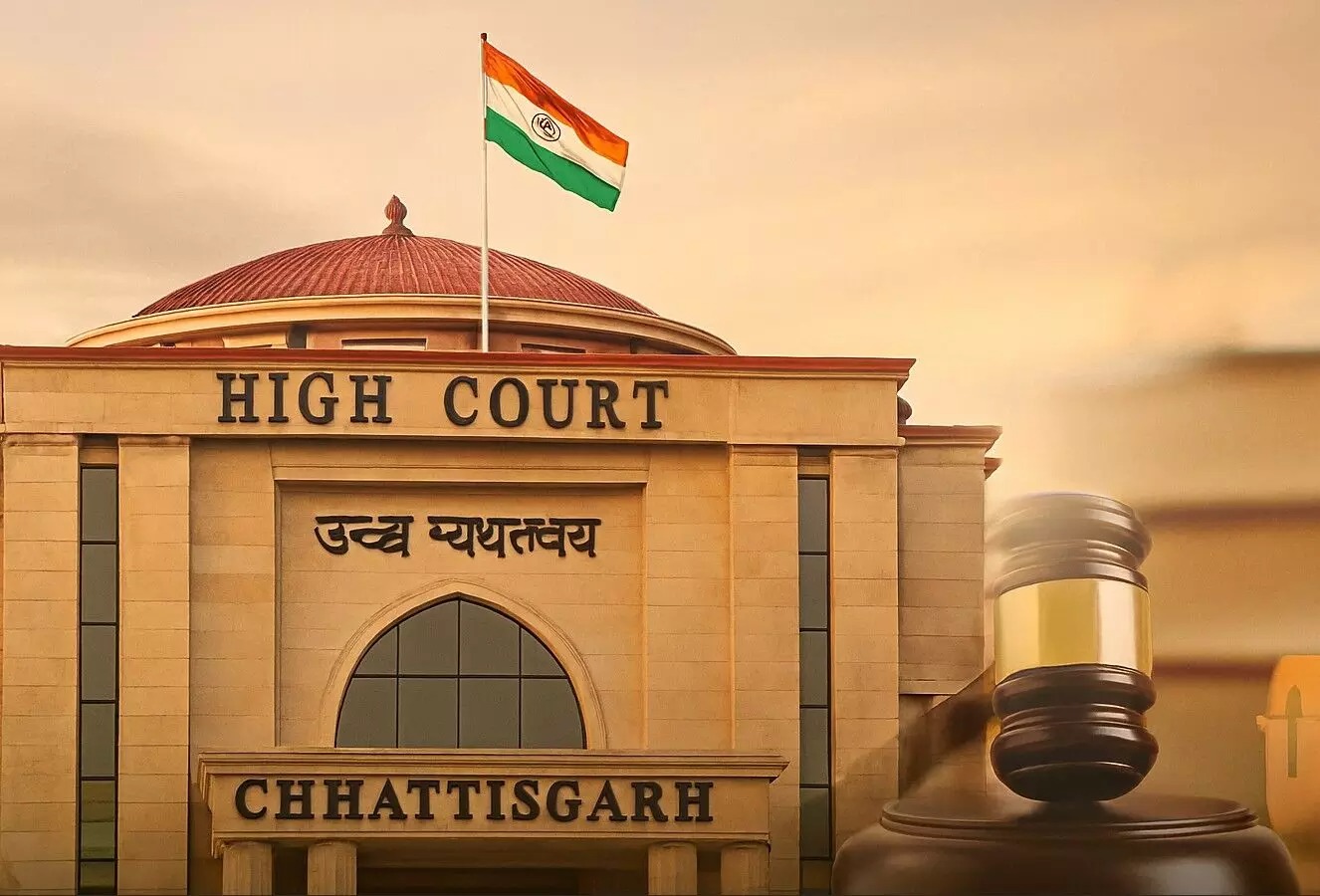B.B. Ghose, J.@mdashAppeal No. 3 of 1929 is directed against an order made by the learned District Judge asking for security from the petitioner for probate to the extent of Rs. 10,000. An objection is taken to the competency of the appeal on the ground that it is not a final order. I think that the preliminary objection is substantial and that no appeal lies against that order. It is, accordingly, dismissed.
2. Appeal No. 42 is against the final order made by the Judge striking off the application for probate. This amounts to a dismissal of the application. The case was struck off on two grounds that the probate duty was not paid and that the security was not furnished within one month as allowed by the learned Judge. The probate duty, we are told, could not be paid, because the Collector had not finished his work with regard to the valuation of the estate. So long as the Collector did not send his report as regards the valuation of the property, the executor was not in a position to ascertain the exact amount that he had to pay, and, therefore, he had not paid the probate duty. With regard to the question of security, it is urged on behalf of the appellant that the learned Judge was wrong in ordering security from an executor named under the will, especially as under para. 9 of the will the testator said that the executors would be able to obtain probate of the will without security. Ordinarily I should have thought that it is not the function of the Judge to distrust an executor and ask for security from a person whom the testator trusted to the extent as the testator in this case has done. No doubt u/s 291(ii)(b) the District Judge has a discretion to ask for security from an executor. The learned advocate for the respondent relies on the case of Juggodishari Debi In re [1881] Cal. 84. and Mahamaya Debi v. Gangamoyi Debi [1905] 1 C.L.J. 180 in support of his contention that the District Judge in his discretion could ask for such security. In neither of those cases it appears that there was any provision in the will that the executor could obtain probate without any security. But it would appear from the cases that where the executor is the sole legatee, if the District Judge thinks it necessary to take any bond, the security fixed must be a nominal sum. In the present case, the learned Judge'' has asked for security on the ground that there are certain trusts created by the will. The trust is (1) in favour of some idols and (2) for some charities. With regard to the idols, the appellant executrix is now the shebait and as such, she need not furnish any security for the debuttar property. With regard to the charities, it may be that the Court may in its discretion ask for security assuming that in spite of the desire of the testator the Court may ask for such security. The trust for charities is to the extent of Rs. 3,000 and we think that it would be quite sufficient if the executrix executes an administration-bond with a surety for Rs. 1,000.
3. The order of the learned Judge striking off the application is set aside and we direct that probate be issued to the appellant executrix on her paying the requisite duty after the report of the valuation is made by the Collector after which a reasonable time should be granted to her and on her executing an administration-bond with a surety for Rs. 1,000.
4. There will be no order as to costs in either of the appeals.
5. No order is necessary on the application filed on 20th December 1928.
S.K. Ghose, J.
6. I agree.

